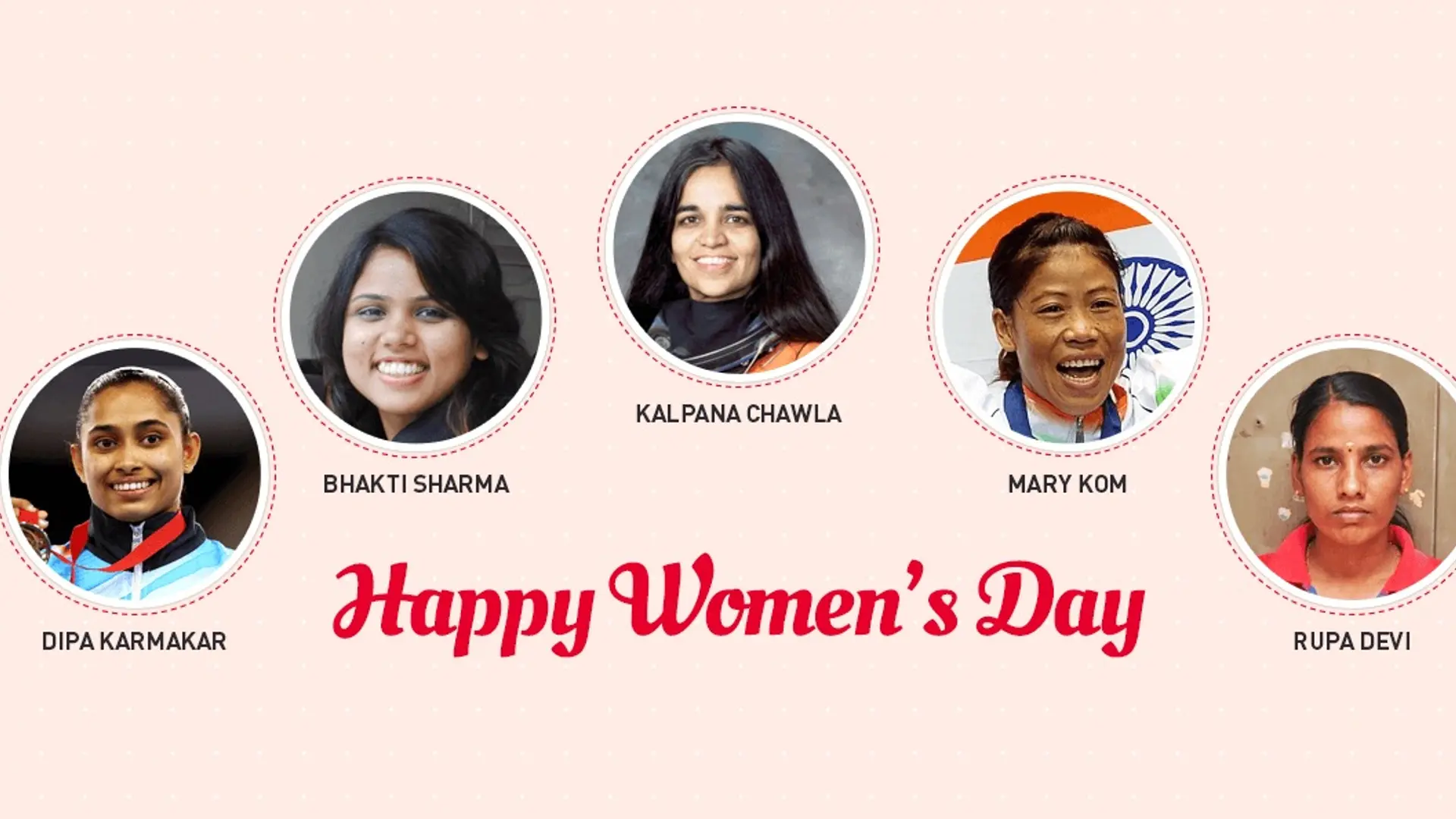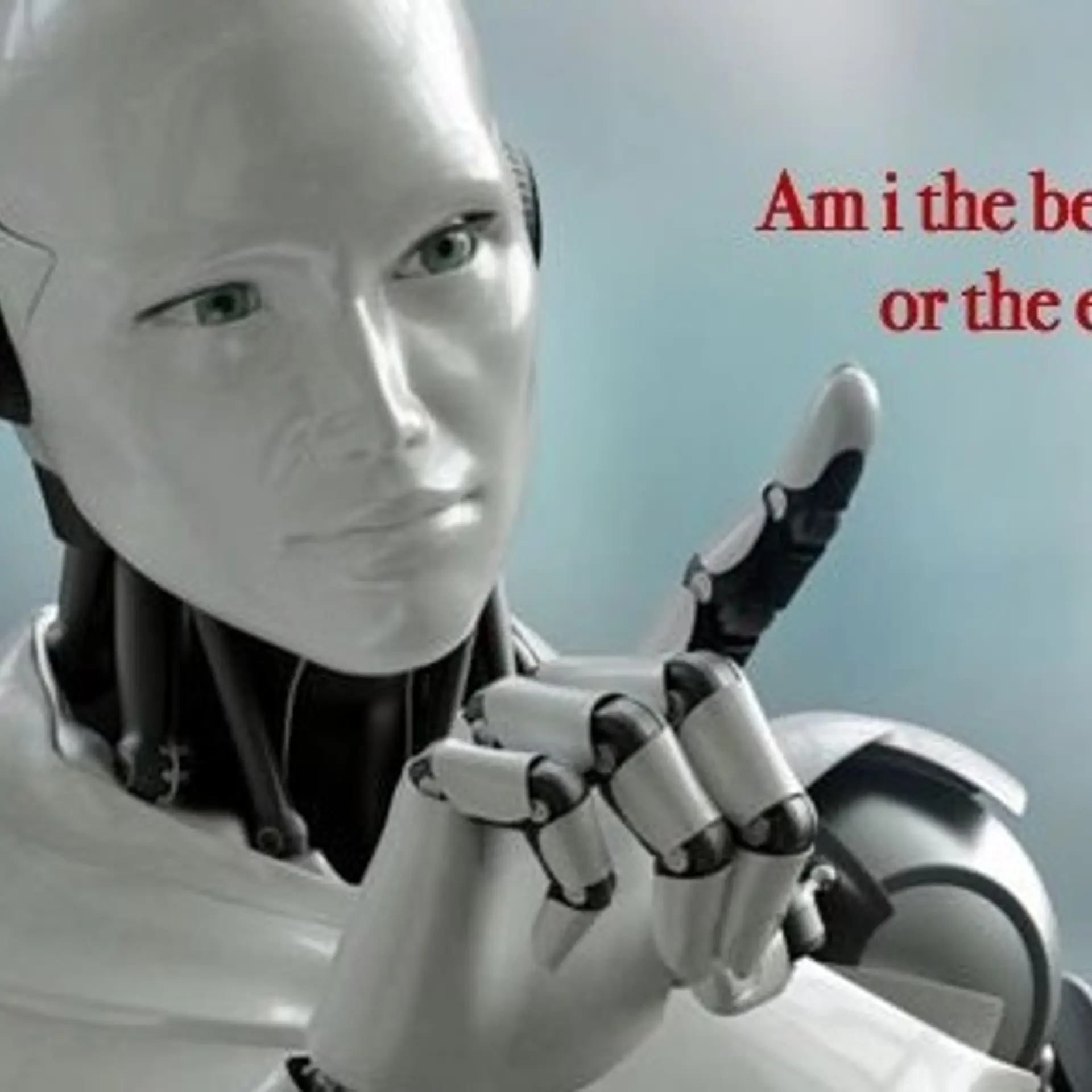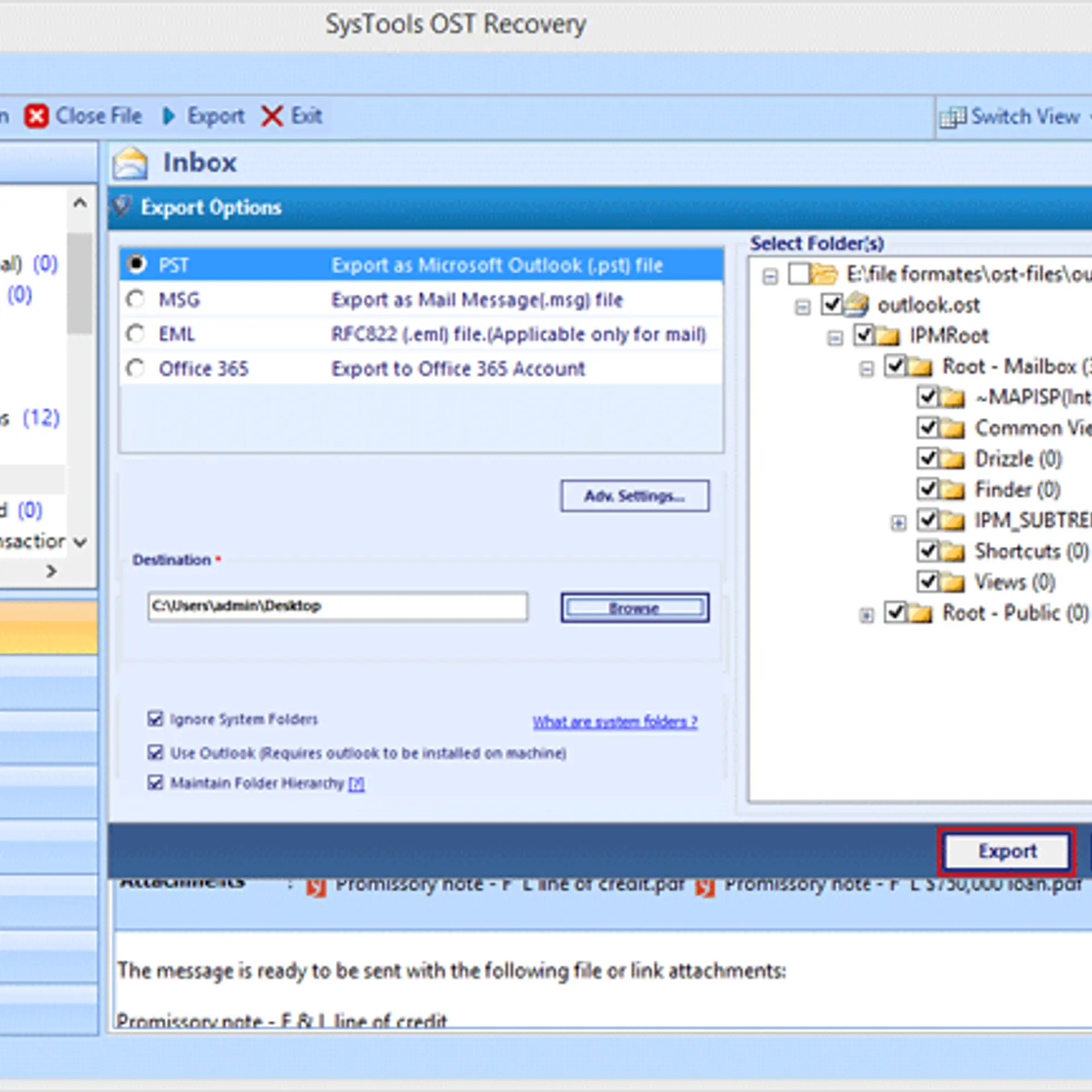

Teaching Kids About the Universe with Inflatable Planetarium
This story is about Prajwal, a B.Sc student who got the support of LEAD to promote his Inflatable Planetarium to give school kids a clear idea about the universe.
"Science is not a subject to be learnt for exams, but an approach towards life. My dream is to create a society where kids are not forced to learn science as a subject, but apply it in their daily life” says Prajwal , a BSc student from Mysore whose inflatable, portable planetarium has opened the wonders of our galaxy Milky Way to the students in government schools. Prajwal carries the inflatable to government schools to hold ‘shows’ to educate students about astronomy.
The planetarium, called Cosmic Egg, has by now held shows for over 1,000 students in government schools and schools for the disabled in Mysore, Mandya, Bangalore and Pandavapura. As many as 20 students can gather inside this planetarium at a time.
A student of the NIE G College in Mysore, Prajwal is also the co-founder of a science group called ‘Blackbody Science Group’, dedicated to stimulate interest in science among government and physically challenges schoolchildren.
How Cosmic Egg took shape
Cosmic Egg was built in 2014 and promoted with the support of LEAD, the youth program of the Deshpande Foundation that supports impactful projects conceived by college youth. “I heard of the Leadership Challenge-2014 from my physics professor Kathyani. She asked me to apply some ideas to the Leadership Challenge. Without a second thought, I applied for LEAD, and after one month I got a reply mail from Abhinandan of the LEAD team. When I contacted him, he explained about the process of participating, funding and other details of LEAD activities.” Prajwal and his friend Gagan created the planetarium using tarpaulin, a table fan, projector and a computer, totally costing around INR 4,000. Stellarium, an open source planetarium software, was used for the project. Cosmic Egg was shortlisted during the Leadership Challenge. “We took the help of the NASA educational website to refine our working model. The whole process took us less than four days to complete. With the support of LEAD, we began to promote our planetarium to government schools and schools for the physically disabled,” says Prajwal.
This is not Prajwal’s first invention though. An army man’s son, Prajwal had a keen interest in science as a school boy. In college, he found science more intriguing and was a participant of science exhibitions. His mother, a teacher, and his younger sister supported him in undertaking science projects to pursue his interest. “During my pre-university days I built the ‘Levitation Train’ which could float due to its electromagnetic properties. For this project, I and my friends grabbed prizes at several competitions” he said.
Prajwal plans to make his planetarium more interactive to students in the coming months. He believes that the Cosmic Egg can bridge the gaps in science education, especially in rural schools. He says, “My aim is to promote the wonders of cosmos to the children through the planetarium. I want to create a scientific temper among young students. Through my projects, students will be able to understand the planetary system and the science behind cosmic events like eclipse, and transits of planets. During our sessions most students asked questions relating to astronomy and particularly asked a lot of questions about Saturn’s effect on our life. I want to eradicate superstitions around astrology among young students through my planetarium shows.”
LEAD one of Deshpande Foundation’s program, facilitated Prajwal with the Best LEADER Award during the Yuva Summit - 2015 and is offering him ongoing support.



.png?mode=crop&crop=faces&ar=1%3A1&format=auto&w=1920&q=75)


